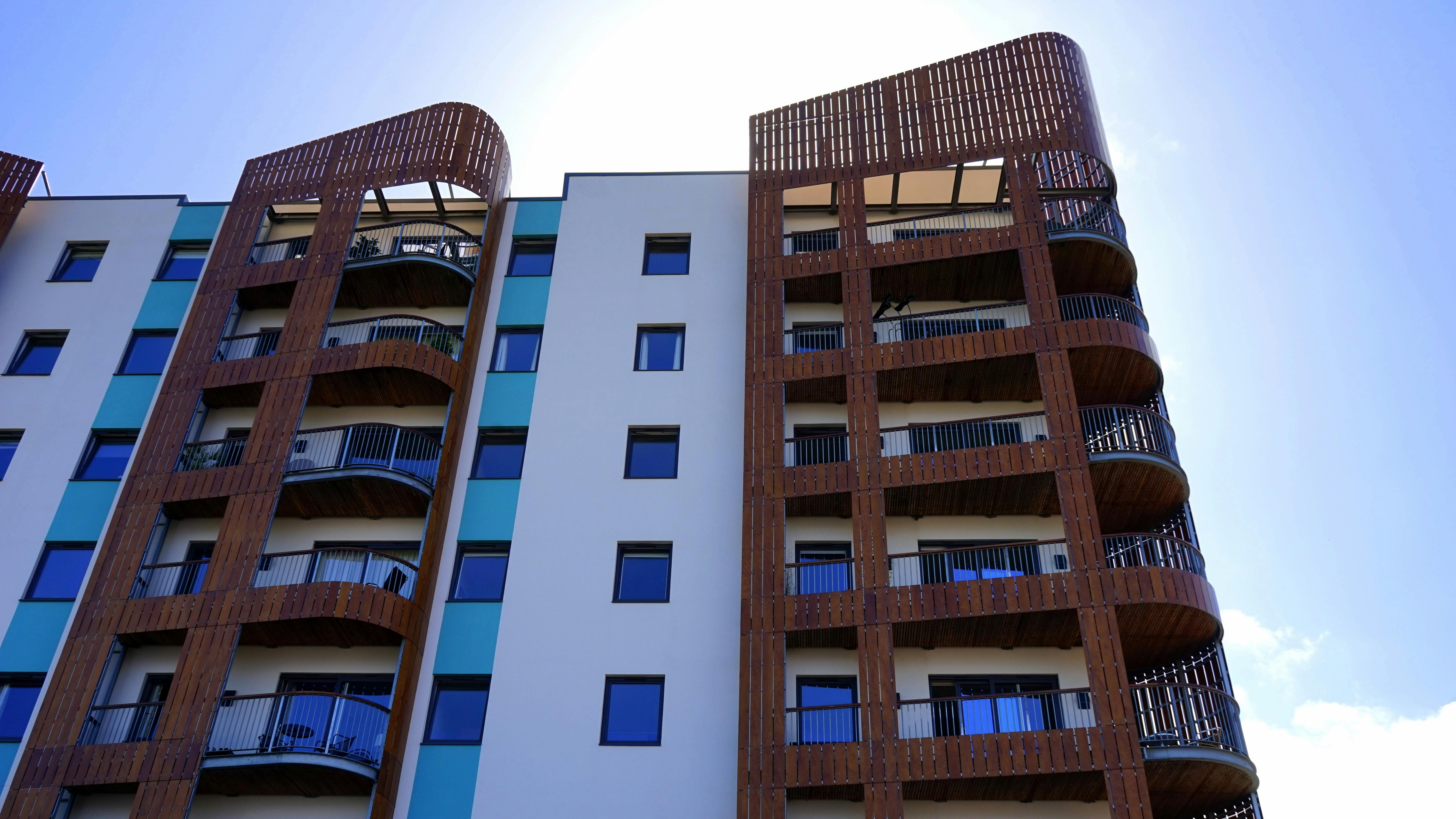
25 January 2024
2023 was a challenging year on many fronts, with fallout from unusually high levels of global political and economic turmoil affecting markets around the world.
In South Africa, this manifested as steep – and difficult to control – inflation, resulting in a rapid series of interest rate increases between November 2021 and May 2023. For the average consumer, this put severe pressure on already-constrained household finances, leaving little room – or incentive – to invest in long term assets like property.
As a result, the property market experienced a relatively slow year with standard performance across many key metrics. However, all signs currently point towards a very different experience in 2024.
“One of the most promising shifts to happen at the end of 2023 was the stabilisation of inflation, both locally and globally,” says Tony Clarke, MD of the Rawson Property Group. “This eases pressure on the Reserve Bank to keep raising interest rates as an inflation control measure. As long as these conditions persist – which they should if global conflicts and local challenges like loadshedding don’t escalate – we can expect interest rates to remain stable with a slow decline from around mid-2024.”
pressure on the Reserve Bank to keep raising interest rates as an inflation control measure. As long as these conditions persist – which they should if global conflicts and local challenges like loadshedding don’t escalate – we can expect interest rates to remain stable with a slow decline from around mid-2024.”
Escalating interest rates were largely to blame for the minimal property demand experienced in 2023. As fear of continued escalations decreases, however, Clarke says buyer confidence will return, bringing a surge of pent-up demand to the 2024 property market.
“First time buyers are particularly interest-rate-sensitive, which is a big part of why we saw such a drop-off in first-time purchases over the last year,” says Clarke. “Now that rates are stabilising, we expect to see a lot of those first-timers, who were hesitant before, making the jump to take advantage of the excellent value that is currently available on the property market.”
That excellent value – a side-effect of sluggish house price growth due to an extended period of low demand – is also attracting more international investors. This, Clarke says, will boost demand in the luxury and super-luxury markets, which are less affected by interest rates, but more affected by local and global politics and financial conditions.
“Being an election year, we do expect to see some property market fluctuations in the lead up to, and aftermath of, the provincial and national vote,” says Clarke. “There could well be a temporary slump in market activity, particularly in the luxury residential and commercial market segments, as high value investors wait to see the election outcomes.”
Should the elections go smoothly and ideally result in positive changes for the country, Clarke says the market will respond very positively.
“A good election experience with positive media coverage can be a powerful boost to consumer and investor confidence,” he says. “If everything goes well, we should see positive effects on the strength of the rand, renewed interest from foreign and local investors, and a more stable economy in general.”
Clarke believes the elections could also affect semigration trends that are currently boosting demand in coastal regions, particularly in the Western Cape.
“We’ve already noticed a slight uptick in market activity in Gauteng,” he says. “Positive election results in that province could certainly convince more buyers to stay. It’ll be interesting to see what happens to semigration patterns post-election, and how that influences local and national property trends.”
One thing, at least, is certain. The favourable property prices currently available will not last forever.
“As demand picks up, so too will house price growth,” says Clarke. “It’s not going to happen overnight – there’s still time to capitalise on the good value on offer – but if you sit on the fence for too long, you’re going to miss out on some great real estate opportunities.”
It is always wise to remember that property is a long game and short term influences seldom dictate the long term value growth.